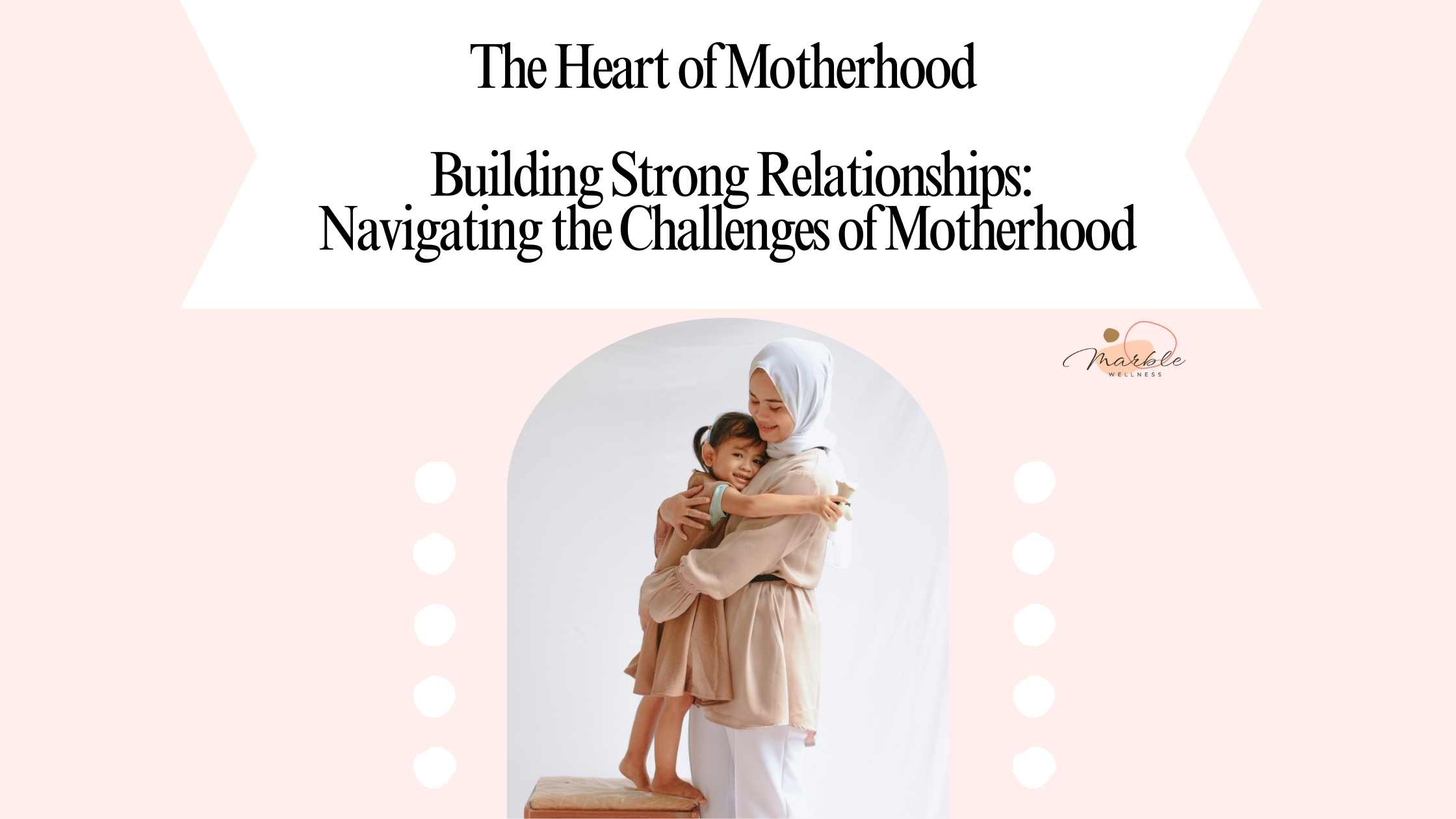St. Louis moms have a lot going on at the moment. Yes, we’ll say it. Right now, we’re dealing with back to school while it’s still sweltering outside and doesn’t quite feel like the end of summer. But, we’re trying. We’re doing our best. And, still navigating our role as a mom while trying to understand who we are as individuals at our core. It’s a LOT. Let’s acknowledge some of the challenges of motherhood and build some strategies for what to do about them, together.
The Struggles of Different Stages
Motherhood comes with its fair share of stages that can feel overwhelming. The toddler years, for instance, are notorious for their tantrums, defiance, and boundless energy. The baby phase, while often romanticized, can also be exhausting and isolating. It’s not uncommon for moms to feel disconnected from their kids during these tough times, even when they desperately want to build strong relationships.
When the Baby Phase Isn’t Blissful
Let’s talk about the baby phase first. You’ve probably heard people rave about the joys of having a newborn, but for some moms, it’s not all coos and cuddles. Sleepless nights, constant feedings, and the relentless demands of a tiny human can take a toll. If you’re finding it hard to bond during this phase, know that you’re not alone.
To build a stronger relationship during the baby phase, try to carve out moments of joy amidst the chaos. Simple activities like singing to your baby, enjoying skin-to-skin contact, or just holding them close can foster a deeper connection. Remember, it’s okay to ask for help. Whether it’s from your partner, family, or a friend, having support can give you the break you need to recharge and be more present for your baby.
Tackling the Toddler Years
Now, let’s move on to the toddler years. Ah, the toddler stage—a time of intense emotions, fierce independence, and endless curiosity. It’s a stage where your child is learning to assert themselves, often leading to clashes and frustration. Building a strong relationship during this phase can feel like a Herculean task, but it’s definitely possible.
Start with empathy. Understand that your toddler’s tantrums and outbursts are a normal part of their development. They’re learning to navigate big emotions without yet having the tools to do so effectively. When your child is in the throes of a meltdown, try to stay calm and offer comfort. Validate their feelings by saying things like, “I see you’re upset because we have to leave the park. That’s really hard, isn’t it?” This helps your child feel understood and supported.
Dealing with Big Feelings and Combative Behavior
Big feelings can be overwhelming for both kids and parents. When your child is combative or experiencing intense emotions, it can be hard to maintain a positive relationship. It’s crucial to approach these situations with patience and understanding.
One effective strategy is to create a safe space for your child to express their feelings. Let them know it’s okay to feel angry, sad, or frustrated, and help them find words to describe their emotions. Teach them coping skills like deep breathing, counting to ten, or using a calm-down corner. Consistent routines and clear expectations can also help reduce combative behavior by providing a sense of security and predictability.
When Your Child Prefers Dad
Feeling like your child prefers their dad can be tough. It’s natural to feel a pang of jealousy or inadequacy. Remember, this doesn’t mean you’re not an important part of your child’s life. Children go through phases of attachment and might gravitate towards one parent for various reasons, such as the type of activities they share or the amount of time spent together.
To build a stronger bond, find unique ways to connect with your child. Create special rituals or activities that are just for the two of you, whether it’s reading a bedtime story, going for a walk, or baking together. Focus on quality over quantity. Even if you don’t have as much time as you’d like, make the moments you do have meaningful and engaging.
Balancing Work and Family
For working moms, balancing professional responsibilities with family life can be incredibly challenging. The guilt of not being able to spend as much time with your kids can weigh heavily. However, building strong relationships doesn’t require you to be with your child 24/7; it’s about making the most of the time you do have.
Establish routines that include quality time with your children. This could be a nightly bedtime routine, weekend family outings, or even a few minutes of undivided attention after work. Be present during these moments—put away distractions and focus on your child. Showing them that they are a priority, even in your busy schedule, can significantly strengthen your bond.
Finding the Right Way to Discipline
Effective discipline is a cornerstone of building a strong relationship with your child. It’s not about punishment; it’s about teaching and guiding your child towards better behavior. Positive discipline strategies, such as setting clear expectations, offering choices, and using natural consequences, can help your child learn responsibility and self-control.
Consistency is key. Children thrive when they know what to expect. Be firm but kind, and always follow through with consequences. Use discipline as an opportunity to teach rather than to control. For example, if your child refuses to clean up their toys, explain why it’s important and involve them in the process.
Creating Quality Time and Memories
Ultimately, building strong relationships with your children boils down to spending quality time together. This doesn’t have to be elaborate or time-consuming. Simple activities like playing a board game, cooking a meal, or even having a heartfelt conversation can create lasting memories.
Be intentional about creating these moments. Schedule family time and stick to it. Celebrate the little things and make ordinary moments extraordinary. Your presence and engagement are what your children will remember most.ir first day of school. And most importantly, celebrate yourself. You’re doing an incredible job, and your love and dedication make all the difference.
Start Therapy for Moms in St. Louis
Stay tuned for the final part of this blog post series for moms, where we’ll explore self-care and personal growth as essential components of being a better mom. Remember, you’re not alone in this journey, and each challenge is an opportunity to build a stronger, more loving relationship with your child.
Struggling with what this looks like for you? Don’t worry, we specialize in therapy for moms. In fact, if you live in St. Louis and are ready to improve your mental health, we are here to help. Reach out to our caring team of therapists for moms in Ballwin, MO or start online therapy in Missouri today.
Contact Us!

Additional Counseling Services at Marble Wellness in St. Louis, MO and Chicago, IL
Marble Wellness counseling services are designed to help set you on a path of living a more fulfilled, calm, and happy life.
St. Louis
Our St. Louis team of therapists has a variety of training backgrounds and areas of expertise. We specialize in anxiety, depression, grief, chronic illness, therapy for men, couples, and maternal overwhelm. Our practice also helps new moms with various postpartum concerns, moms in the thick of parenting, and moms with teens. We can also chat from wherever you are in the state with online therapy in Missouri and online therapy in Illinois. No matter where you are in your journey, we would love to support you.
Chicago
Our Chicago team of therapists offers a wide range of mental health services to help our clients through the different challenges and hurdles in their lives. In addition to anxiety, depression, grief, therapy for men, and maternal overwhelm, we specialize in professional burnout, therapy for breakups, and love partnering with working moms.



